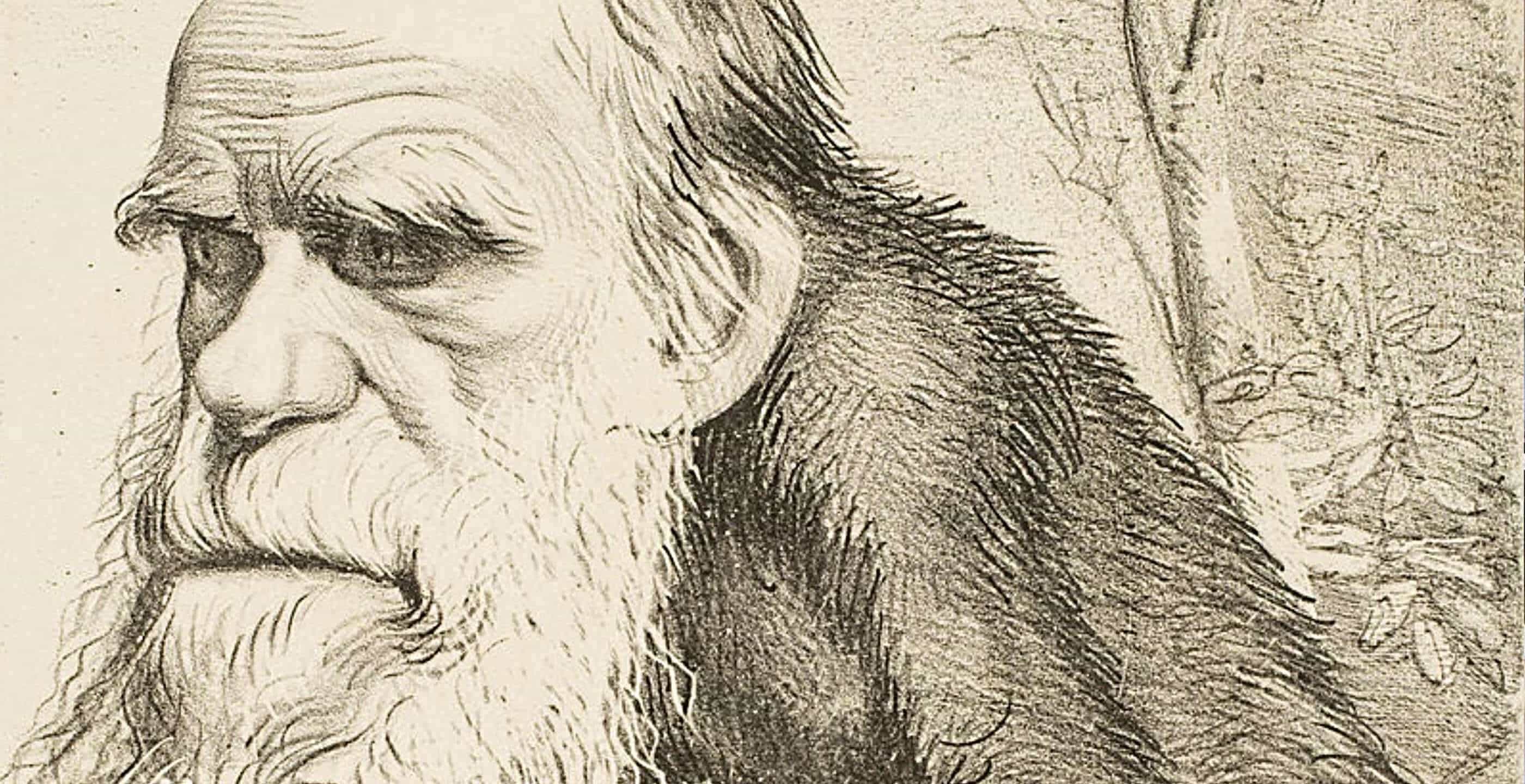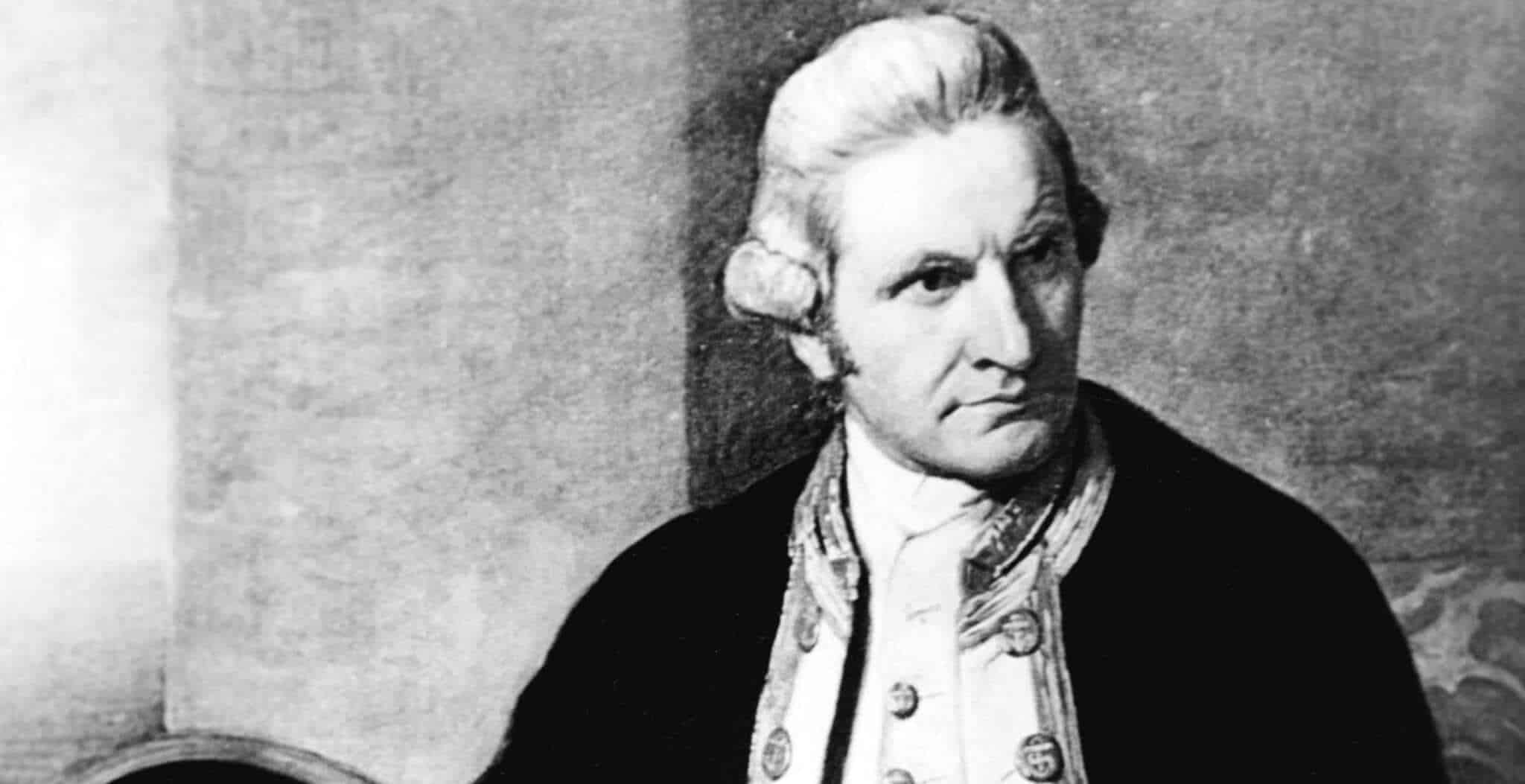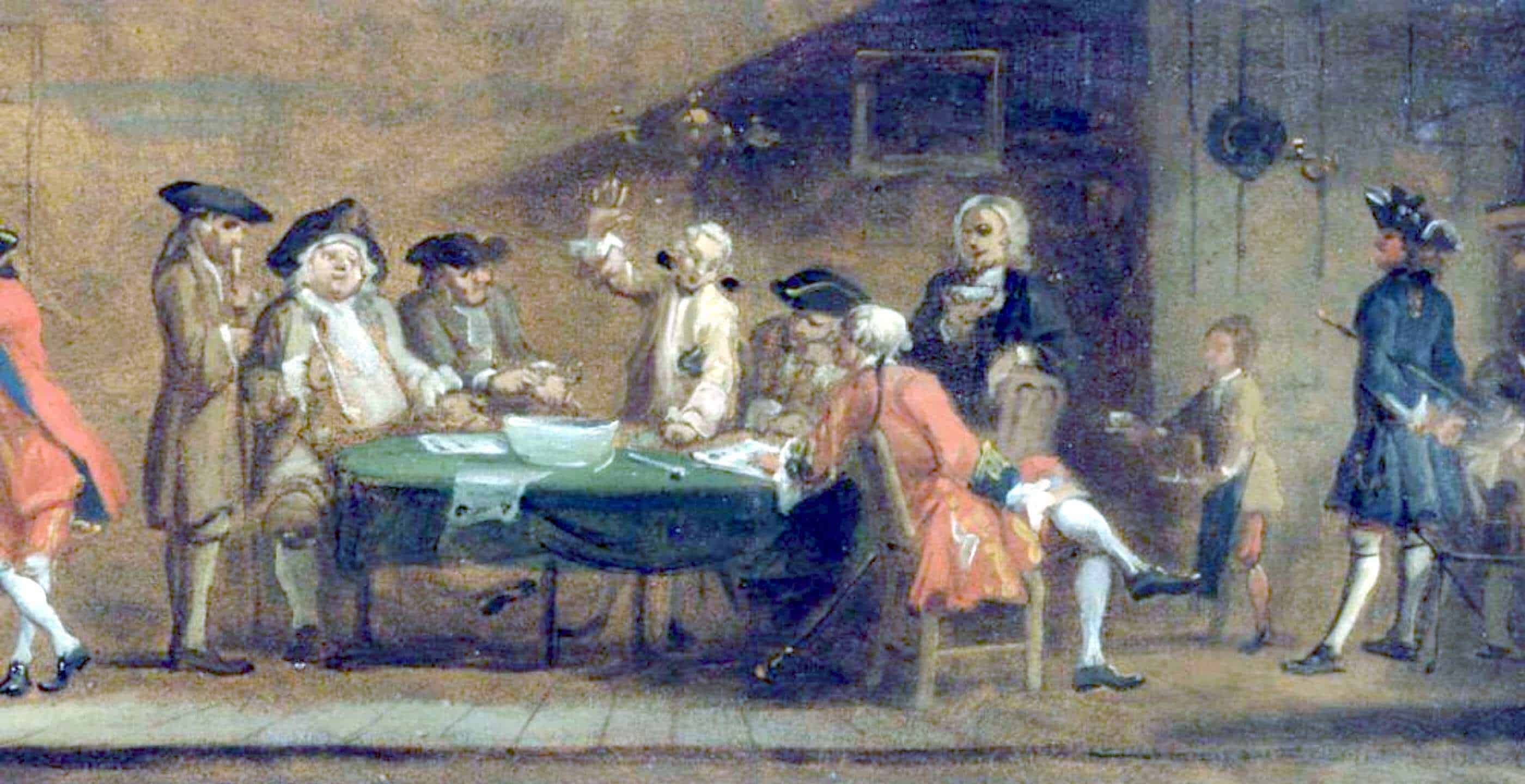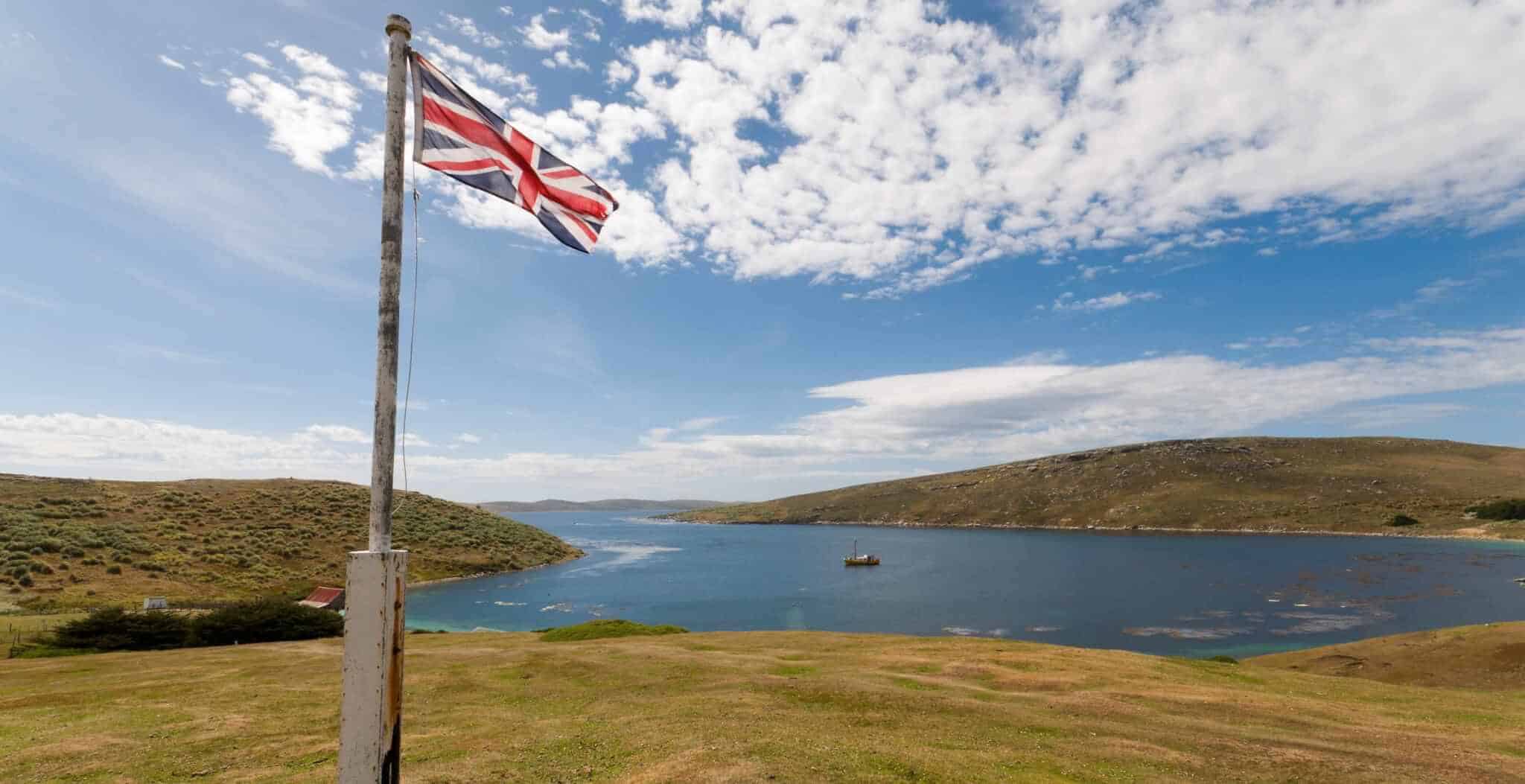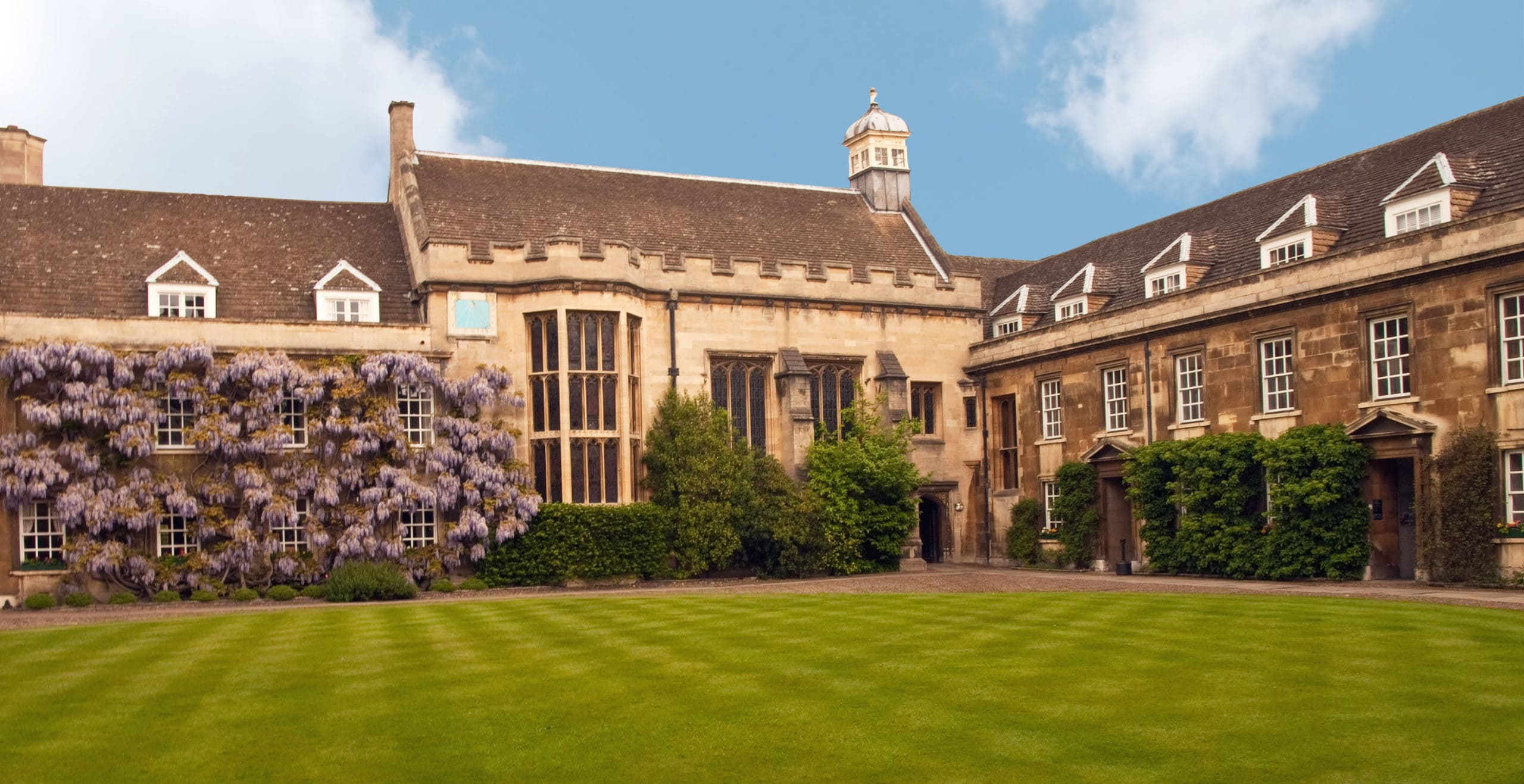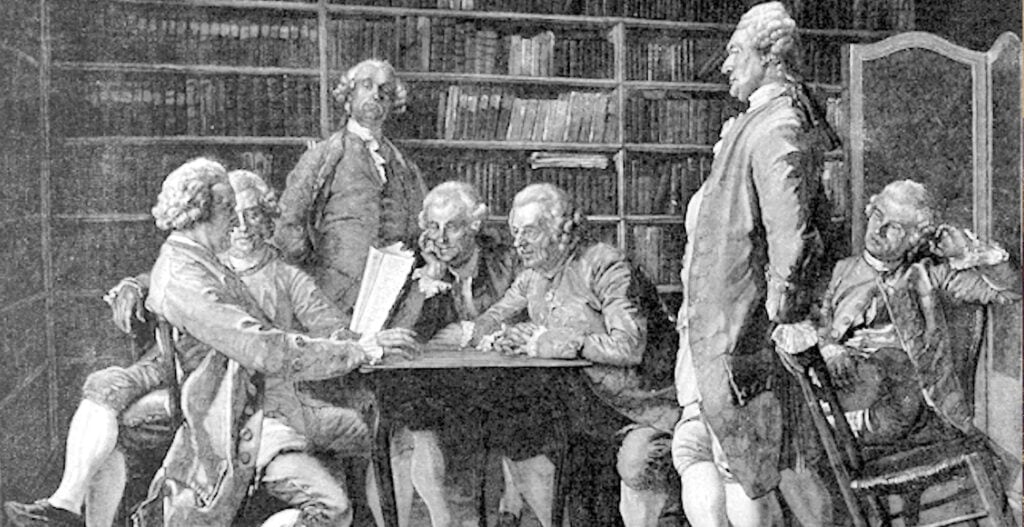On 24th November 1859, ‘On The Origin of Species’ by Charles Darwin was published: a historically momentous publication that would change the way we view and study science for generations to come.
Charles Darwin grew up in the sleepy town of Shrewsbury, one of six children, the son of a physician and from a family of academics. From an early age young Charles was able to indulge his academic interests, particularly his passion for natural history. Darwin was intended to become a doctor and follow in his father’s footsteps. He attended the medical school at Edinburgh University which was of the highest calibre. Nevertheless, Darwin had other interests and continued to neglect his studies, much to the frustration of his father. Whilst at university he indulged his passion for natural history and joined the Plinian Society, a group comprised of young liked-minded students who also had a passion for the natural sciences.
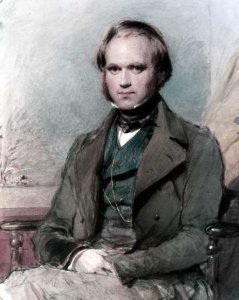
Finally at the age of 22 Charles Darwin graduated from Cambridge and subsequently was offered an exciting opportunity as a naturalist to go on a survey voyage aboard HMS Beagle. Initially, his father objected to the idea but was eventually persuaded and agreed to fund his son’s expedition. It was his professor and friend Henslow who had provided the young Darwin with the opportunity to sail with Captain Fitz-Roy on a South American expedition, emulating the voyage of his hero Von Humboldt.
HMS Beagle set sail on 27th December 1831 and began its five year voyage. The Beagle, a 10 gun brig with only two cabins, was a culture shock for Darwin. It left a lot to be desired for a young academic who had lived in relative comfort. To make matters worse, he was struck down by seasickness which initially left him confined to his cabin. Eventually, as the voyage distanced itself from the harsh northern European winter seas, Darwin’s sickness passed and the ship made its first stop at Cape Verde.
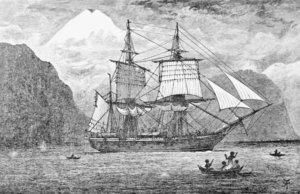
The trip continued to its main destination of South America, first Brazil and later down the coast of Argentina where Darwin made an important discovery. The cliff face at Punta Alta was made up of a large number of protruding fossils which he and members of the crew were able to uncover. Many of these fossils were unknown, or barely known, to science.
The experiences on this trip allowed Darwin not only to make scientific observations but also make social and anthropological studies of the people and places he visited. Altogether the experience served to enrich an already inquisitive mind and allow him to make connections between animals, fossils and natural habitats which he had previously only read about in books.
Throughout his journey Darwin was on a continuous quest for knowledge and new experiences. Whilst in Chile the crew experienced an earthquake and in the Galápagos Islands Darwin discovered that the local wildlife had developed unusual adaptations to suit their surroundings. For example, the tortoise shells differed from previous ones he had seen and there were large lizards as black as the volcanic earth they laid on, blending in perfectly with their surroundings.
The trip continued to Australasia via Tahiti and New Zealand, finally sailing across the Indian Ocean towards South Africa before rounding the coast and heading north towards the Atlantic and arriving back home on 2nd October 1836.
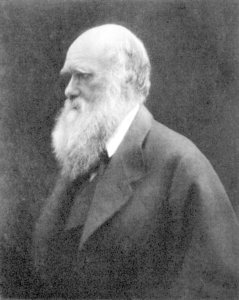
Charles Darwin continued to write geology essays and books but it was not until 1859 that his most famous publication would be published. ‘On the Origin of Species’ was a sell-out. It was twenty years since his expedition to South America: during that time, Darwin had continued to discuss and make theories about what he saw. However it was not until the naturalist Alfred Russell Wallace produced a manuscript which looked alarmingly similar to Darwin’s own theory that he made the final effort to publish his findings.
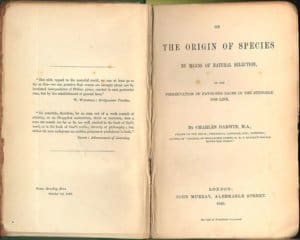
The reaction to the book was divided: many of those with traditional religious beliefs did not agree with the assertions made in his theory. It did however lead to the birth of a larger movement, Darwinism, which would continue to investigate and draw on his ideas. Darwin himself did not engage publicly in any large debates but continued to keep up-to-date with the comments and discussions.
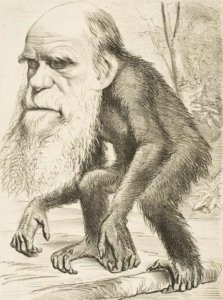 A caricature of Charles Darwin as an ape published in The Hornet, a satirical magazine
A caricature of Charles Darwin as an ape published in The Hornet, a satirical magazineJessica Brain is a freelance writer specialising in history. Based in Kent and a lover of all things historical.
